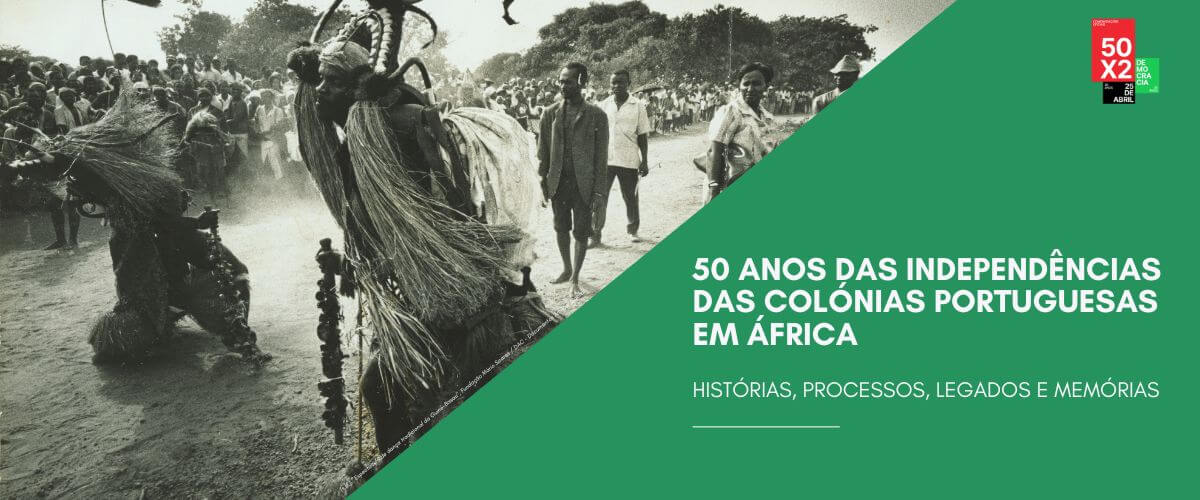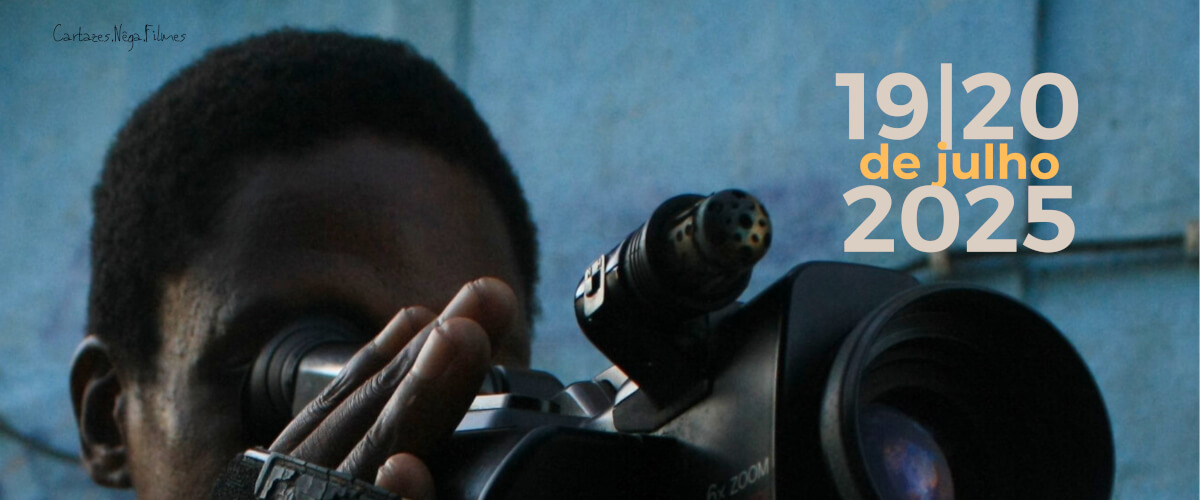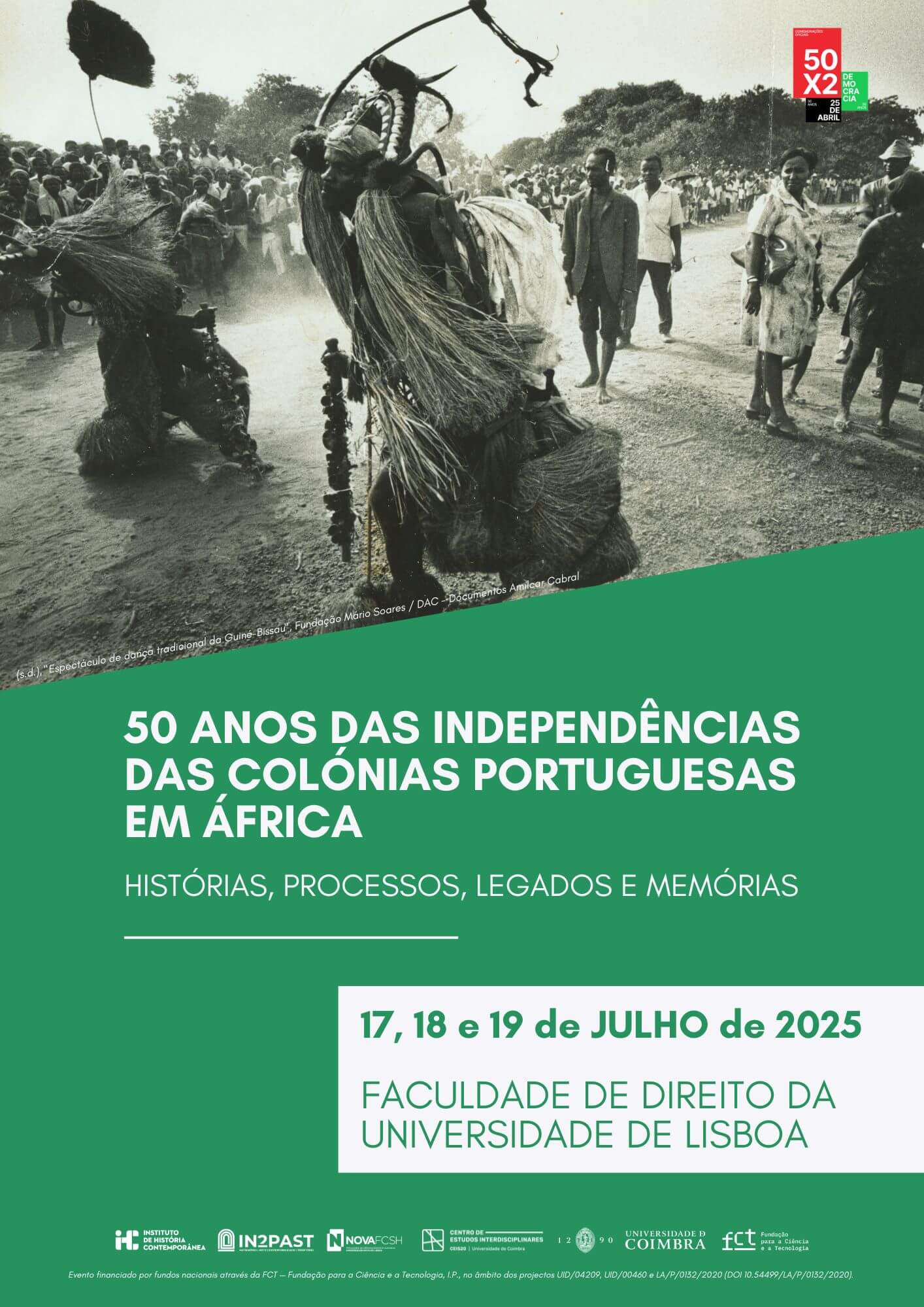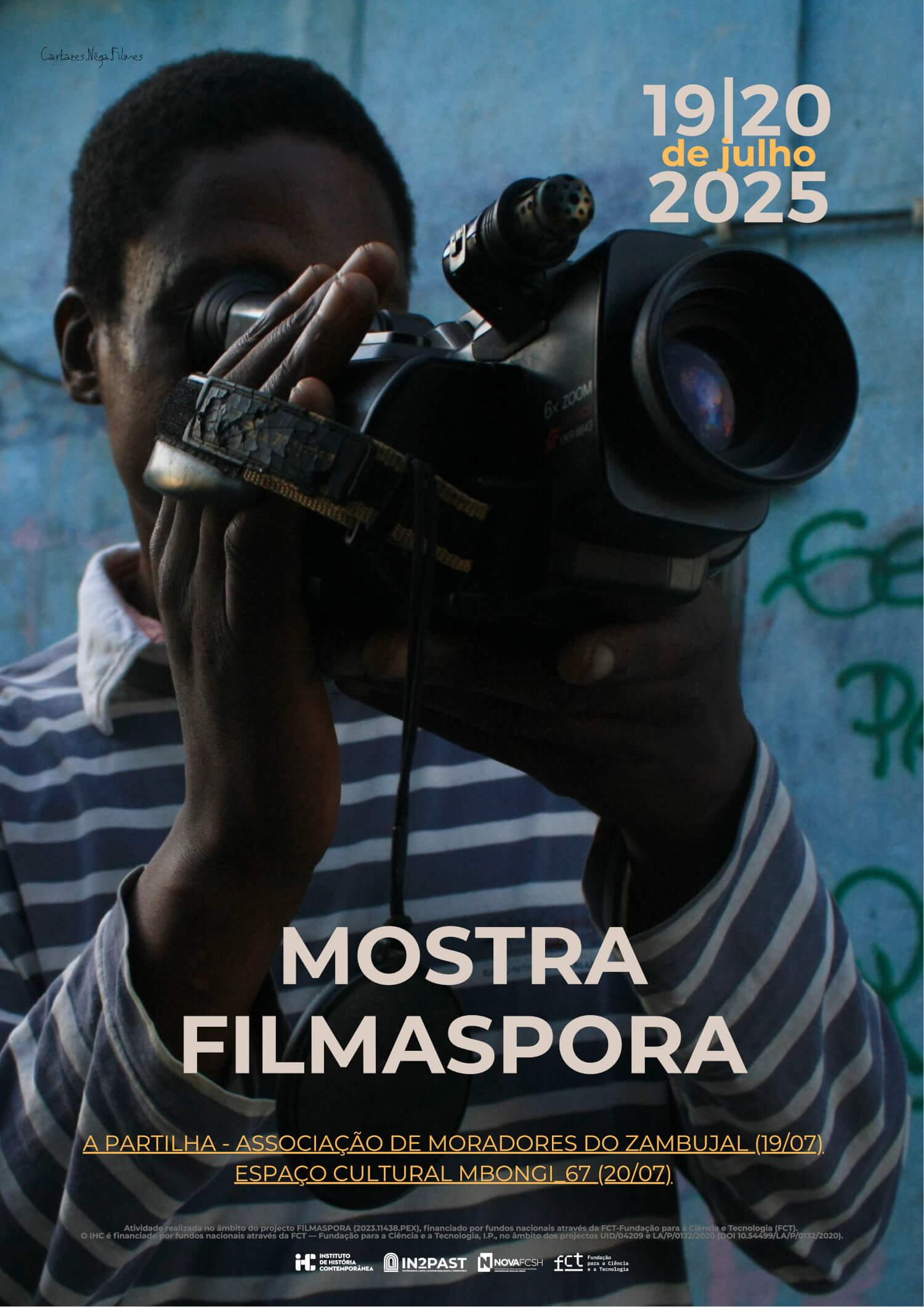
As mulheres de Xabregas
Oct 28, 2020 | Chapters, Publications

As mulheres de Xabregas: trabalho, quotidiano e ativismo (do fim do século XIX aos anos 40 do século XX) [The women of Xabregas: work, daily life and activism (from the end of the 19th century to the 1940s)]
- Virgínia Baptista & Paulo Marques Alves
- História do Movimento Operário e Conflitos Sociais em Portugal. Atas do IV Congresso História do Trabalho, do Movimento Operário e dos Conflitos Sociais em Portugal e III Conferência do Observatório para as Condições de Trabalho e Vida [History of the Labour Movement and Social Conflicts in Portugal]
- Pamela Peres Cabreira (Org.) & Raquel Varela (Coord.)
- 2020
- Lisbon: Instituto de História Contemporânea | Colecção E-IHC
- Language: Portuguese
- ISBN: 978-989-8956-20-0
- 501-516 p.
Excerpt:
As mulheres trabalhadoras de Xabregas, em Lisboa, eram a maioria dos trabalhadores nas fábricas. Os empregadores preferiam as mulheres porque tinham as atividades mais rotineiras e recebiam os salários mais reduzidos em comparação com os homens. A legislação «protetora» do trabalho feminino e da maternidade de 1891 apenas foi aplicada no final dos anos 20 e de forma irregular. Na freguesia de Xabregas viviam famílias muito pobres. Por isso, desde o final do século XIX que associações públicas e privadas foram fundadas com os objetivos de assistência ou de previdência às mulheres. As mulheres trabalhadoras estavam integradas no movimento associativo mutualista, de classe e educativo, exclusivamente feminino ou misto (com homens e mulheres).
About the book:
Nos últimos decénios tem feito curso nas ciências sociais e humanas a ideia de que as sociedades teriam deixado de se organizar em torno do trabalho. Paralelamente, tem-se afirmado igualmente o fim das ideologias, do sindicalismo ou da militância. No entanto, o que a realidade nos mostra é que, ao invés da supressão do trabalho, se tem vindo a assistir antes ao crescimento do número de pessoas nele envolvidas. Nesta nova etapa de desenvolvimento do capitalismo, o trabalho não se extinguiu e o que se verifica, verdadeiramente, é que sofreu profundas transformações ao ter-se tornado, para largos setores, mais instável, multifacetado, intensificado e desvalorizado. Por conseguinte, há que redescobrir o trabalho, tornar visível o que alguns pretendem ocultar e apreender toda a sua complexidade a partir dos olhares diversos que são protagonizados pelas várias ciências, numa perspectiva inter e multidisciplinar. Por outro lado, há que evidenciar igualmente as consequências da intensificação e da desvalorização do trabalho para a saúde dos trabalhadores e as suas condições de vida, bem como as modalidades de resistência que estes lhes opõem – no presente e no passado. Esta é a abordagem deste livro, que corresponde à organização dos textos e temas apresentados no IV Congresso de História do Trabalho, do Movimento Operário e dos Movimentos Sociais em Portugal & III Conferência do Observatório para as Condições de Trabalho e Vida, realizado na cidade de Lisboa em Novembro de 2019.
Outras Publicações
Search
Events
julho, 2025
Tipologia do Evento:
Todos
Todos
Colloquium
Conference
Conference
Congress
Course
Cycle
Debate
Exhibition
Launch
Lecture
Meeting
Movie session
Open calls
Opening
Other
Presentation
Round table
Seminar
Showcase
Symposium
Tour
Workshop
- Event Name
seg
ter
qua
qui
sex
sab
dom
-
1
2
3
4
5
6
7
8
9
10
11
12
13
14
15
16
17
18
19
20
21
22
23
24
25
26
27
28
29
30
31

Detalhes do Evento
On the multiple dimensions – histories, processes, actions, memories and postcolonial legacies – of these independences that changed the configuration of global politics in the second half of the 20th
Ver mais
Detalhes do Evento
On the multiple dimensions – histories, processes, actions, memories and postcolonial legacies – of these independences that changed the configuration of global politics in the second half of the 20th century.
50 Years of the Independence of Portuguese Colonies in Africa:
Processes, Legacies and Memories
In 2025, four former Portuguese colonies in Africa (Angola, Cape Verde, Mozambique, São Tomé and Príncipe) will celebrate the 50 th anniversary of their independence, joining Guinea-Bissau which, two years earlier (in September 1973), had unilaterally proclaimed the state of Guinea, formally accessing independence on September 10, 1974. In fact, the complex negotiation processes that opened the door to independence of these territories that had been dominated by Portugal for centuries were not straightforward. Thus, from the Unilateral Declaration of Independence of Guinea (an important precedent at international level) to the opening of negotiation processes in the cases of Angola, Cape Verde, Mozambique and São Tomé and Príncipe complex and important geopolitical and transnational webs were established, in the African and global context of the Cold War and the aftermath of the Sino-Soviet split, which are worth analysing.
The aim of this International Conference is to mark the 50 th anniversary of these transcendental events for the lives of African territories once colonized by Portugal, some of whom (Guinea-Bissau, Angola and Mozambique) endured devastating liberation wars/colonial wars. These struggles for emancipation are part of a long history of resistance by the peoples subjected to imperial exploitation, forced labour, racism and colonialism. As it is well known, the processes that led to independence generated multiple dynamics and ramifications which, on the one hand, went beyond the main borders of each territory; on the other, produced internal and external interactions, with various elements and constraints, combining the international context of the time with internal demands for political sovereignty by the colonized peoples.
In this sense, independence should not be interpreted as an isolated historical event, nor as a linear and homogeneous event. There is a specific historicity that characterizes independence processes in each of the territories, processes that are marked by several and diverse complexities. So much so that we cannot separate independence from the struggles of the liberation movements, anti-colonialism, the revolutions in the Third World, anti-imperialism and the struggle against dictatorship and fascism in Portugal. In short, independence resulted from various struggles carried out by the liberation movements on different fronts. Their actions also contributed to the Revolution of April 25, 1974, and, consequently, to the fall of the fascist dictatorship in Portugal.
Call for Papers
After 50 years of these historical events that led to the emergence of new nation-states, this international conference aims to reflect on the multiple dimensions – histories, processes, actions, memories and postcolonial legacies – of these independences that changed the configuration of global politics in the second half of the 20th century. As such, proposals are invited for contributions on topics such as:
- Independence struggles (concepts, political, cultural and social contexts);
- Independence struggles, anti-colonialism, anti-imperialism and Third World revolutions;
- International solidarity with the former Portuguese colonies and intersections with other anticolonial struggles in the context of the Cold War;
- Actors, activists and independentist organizations;
- Gender, education and popular mobilization in the struggles for independence;
- Arts, artivism and cultural manifestations in the struggles for independence;
- Contribution from independence struggles to the fall of Portuguese dictatorship;
- Decolonization after 25 April 1974;
- Building new African nation-states and neo-colonialism;
- Colonial legacies in independent African countries and Portugal;
- Civil wars and democratic transition in independent African countries;
- The construction of memory in independent African countries and Portugal.
Abstracts for presentations (200 words) and a biographical note (250 words) should be sent to the following email: independencias50anos@gmail.com
Deadline for submissions: 15 December 2024
Notification of acceptance: 30 January 2025
Conference languages: Portuguese, English and French
>> Download the call for papers (PT / FR / EN, PDF) <<
Keynote speakers:
Maria da Conceição Neto (Universidade Agostinho Neto)
Severino Elias Ngoenha (Universidade Eduardo Mondlane)
Organisingg Committee:
Aurora Almada e Santos (IHC — NOVA FCSH / IN2PAST)
Julião Soares Sousa (CEIS 20 — Universidade de Coimbra)
Raquel Ribeiro (IHC — NOVA FCSH / IN2PAST)
Víctor Barros (IHC — NOVA FCSH / IN2PAST)
Scientific Committee:
Gabriel Fernandes (Universidade de Santiago)
Jean Martial Arséne Mbah (Investigador, Doutorado em História Contemporânea)
Jean-Michel Mabeko-Tali (Howard University)
Marçal de Menezes Paredes (Pontifícia Universidade Católica do Rio Grande do Sul)
Maria Nazaré de Ceita (Universidade de São Tomé)
Michel Cahen (Sciences Po Bordeaux)
Miguel Cardina (Universidade de Coimbra)
Odete Semedo (Instituto Nacional de Estudos e Pesquisa, Guiné-Bissau)
Pedro Aires Oliveira (IHC — NOVA FCSH / IN2PAST)
Teresa Cruz e Silva (Universidade Eduardo Mondlane)
Tempo
julho 17 (Quinta-feira) - 19 (Sábado)
Localização
University of Lisbon School of Law
Alameda da Universidade — Cidade Universitária — 1649-014 Lisbon
Organizador
Institute of Contemporary History — NOVA School of Social Sciences and Humanities and CEIS20 - Centre for Interdisciplinary Studies — University of Coimbra

Detalhes do Evento
A film exhibition organised by the FILMASPORA project, which promotes an encounter between productions arising from the Sintra area and works made in the Bairro do
Ver mais
Detalhes do Evento
A film exhibition organised by the FILMASPORA project, which promotes an encounter between productions arising from the Sintra area and works made in the Bairro do Zambujal.
Mostra FILMASPORA
Nos dias 19 e 20 de Julho, a equipa do projecto FILMASPORA organiza uma mostra de filmes que promove o encontro entre produções da Linha de Sintra e obras realizadas no Bairro do Zambujal.
Junte-se a nós para dois dias de diálogo, partilha e cinema.
O projeto FILMASPORA tem como objectivo fomentar o intercâmbio cultural e audiovisual, aproximando comunidades através da exibição de curtas e médias-metragens que dão voz às vivências, expressões e narrativas locais.
Programa
19 de Julho
A Partilha — Associação de Moradores do Bairro do Zambujal, Loures, 21h
21h – HIP-HOP KRIOLO
21h30 – Enciclopédia Hip Hop Volume 1 (2016), de Uncle C
20 de Julho
Espaço Mbongi 67, Linha de Sintra, 16h
16h – Lisboa, Pódio de Quimeras (2021), de Welket bungué
16h30 – Cantores do Submundo (2012), de Fernando Moreira
>> Programa da mostra (PDF) <<
Tempo
19 (Sábado) 9:00 pm - 20 (Domingo) 6:00 pm
Localização
Loures and Sintra
Organizador
Institute of Contemporary History — NOVA School of Social Sciences and Humanitiescomunicacao.ihc@fcsh.unl.pt Avenida de Berna, 26C - 1069-061 Lisbon
News
Fourth edition of the Amílcar Cabral Prize
Jul 17, 2025
Applications are open until 30 September
RESONANCE project studies performance in the revolutionary period
Jul 16, 2025
RESONANCE is coordinated by Hélia Marçal
Manuel Loff receives Porto’s Medal of Merit
Jul 14, 2025
He was one of the personalities honoured by Porto City Council
CONTACTS
WORKING HOURS


































































































































